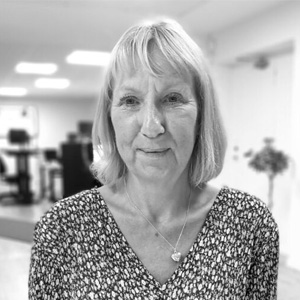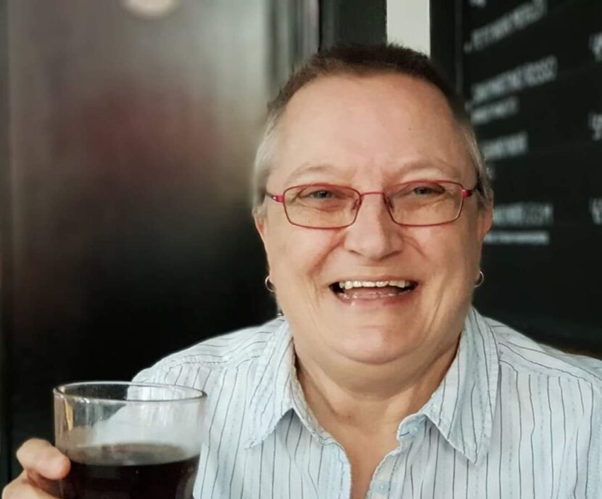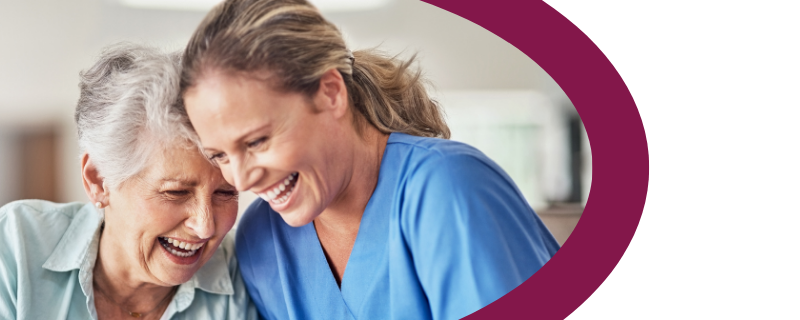Many of our members with lung conditions expressed that stressful travel journeys as well as feeling physically limited make trial participation more difficult. They then shared how a range of services would ease these burdens.
32% of lung patients would be relying on someone to take them to the hospital.
With lung patients being a more burdened segment of the population, we asked their reasons for having to rely on someone else:
- 49% gave physical limitations as one of their reasons.
- 32% gave poor transport connections as one of their reasons.
- 28% gave not feeling comfortable traveling alone as one of their reasons.
The dependence on others and the reasons for it highlights the need for initiatives to reduce these burdens and concerns. How would patients feel if the responsibility of arranging travel was completely lifted off their shoulders?
Free Transportation Service
A free transportation service greatly increases willingness to participate for 44% of patients interviewed and increases willingness for 24% lung patients.
Not only would a free transport service ease financial burdens for those participating, it would also address the physical challenges they face, poor transport connections and reduce their reliance on a friend or relative to transport them.
“A free transport service picking me up at home would definitely make me more likely to participate! I live in an isolated area, so this would make things much easier,” explained Valerie who is currently living with COPD and emphysema.

The efforts and commitment made by patients to participate in trials mustn’t be underestimated. Without volunteers, trials wouldn’t be possible, so it is important that they feel valued and accommodated for.
Our Research Nurse, Paula Rogers who has spoken with hundreds of lung patients during our work with these trials shared with us:
The worry of catching covid and using public transport is still present for lung patients. They deserve to be collected and taken to the hospital; it’s reassuring for them.
In the case that patients wish to drive themselves, or this service couldn’t be provided, it is also worth noting that 58% of lung patients said they would be more likely to participate if free parking was available.
Offering a Meet and Greet
What if this service could be taken one step further? Not just a service from door to door, but also upon the arrival at the hospital?

“Hospitals can be big places, so if I’m having to walk a long way from the car park, a meet and greet or being provided with a wheelchair would be a good idea. It’s really tiring walking from one place to the other, so if somebody was there with a wheelchair, that would be really great,” shared Carol who is living with COPD.
Recognising that the commute to participation doesn’t finish at the entrance of the hospital, a meet and greet service with the option of a wheelchair would reduce lung patients’ worries, limit the need for physical exertion and also offer a form of companionship.
Cliff who is a member of the British Research Panel and is currently living with emphysema also addressed how moving around hospitals can be a challenge:
“Last year, I had to get from the clinic at the remotest corner of the hospital to the opposite corner for a scan, which was about half a mile away. Fortunately, the nurse spotted me having difficulties and got me a wheelchair. This is where a meet and greet comes in – being able to have a wheelchair to travel long distances around a hospital would really help and make it easier.”
Not only would a meet and greet service reduce physical burdens, it would also add a personal touch and form of companionship, which can be extremely reassuring.
A Friendly Face
“I’d definitely feel safer being accompanied by someone I know if I was participating in a clinical trial. I don’t like going out on my own as I’ve got severe COPD, so it’s difficult for me to go places by myself,” says Carol.
Lung patients’ ability can vary from one day to the next, so predicting their capacity on the day of a site visit is unrealistic. Giving participants the opportunity to bring a companion and someone they are comfortable with can provide a sense of familiarity and ease.
“We know that a big concern for lung patients participating in clinical trials is if they are feeling well enough to take part and fit enough to travel and to go into new environments such as a hospital. Information on whether they could take somebody with them will also impact their decision,” adds Research Nurse, Paula.
Allowing a friend or relative to join and introducing a meet and greet service contributes to providing reassurance for patients and a more personal touch. Recognising that participating in clinical trials can often be a stressful and daunting process, it’s important that actions are taken to reduce burdens and ensure that patients feel accommodated for.
Feel free to share what else you would like to see implemented in the comments below!
In our upcoming article, we explore the possibility of participating from home and how this could further reduce challenges faced when participating in clinical trials. Keep an eye out!
Written by
Eloise Healey
Data analysed by Anita Toral and Eloise Healey


2 thoughts on “The Importance of Communication, Companionship and Services in Easing Clinical Trial Participation”
I’d like for trials to be closer to home if possible, plus a free pick up, drop off service
Most of the trials are a bit too far away from me to be possible. So pick up transport would make it possible for me to take part.